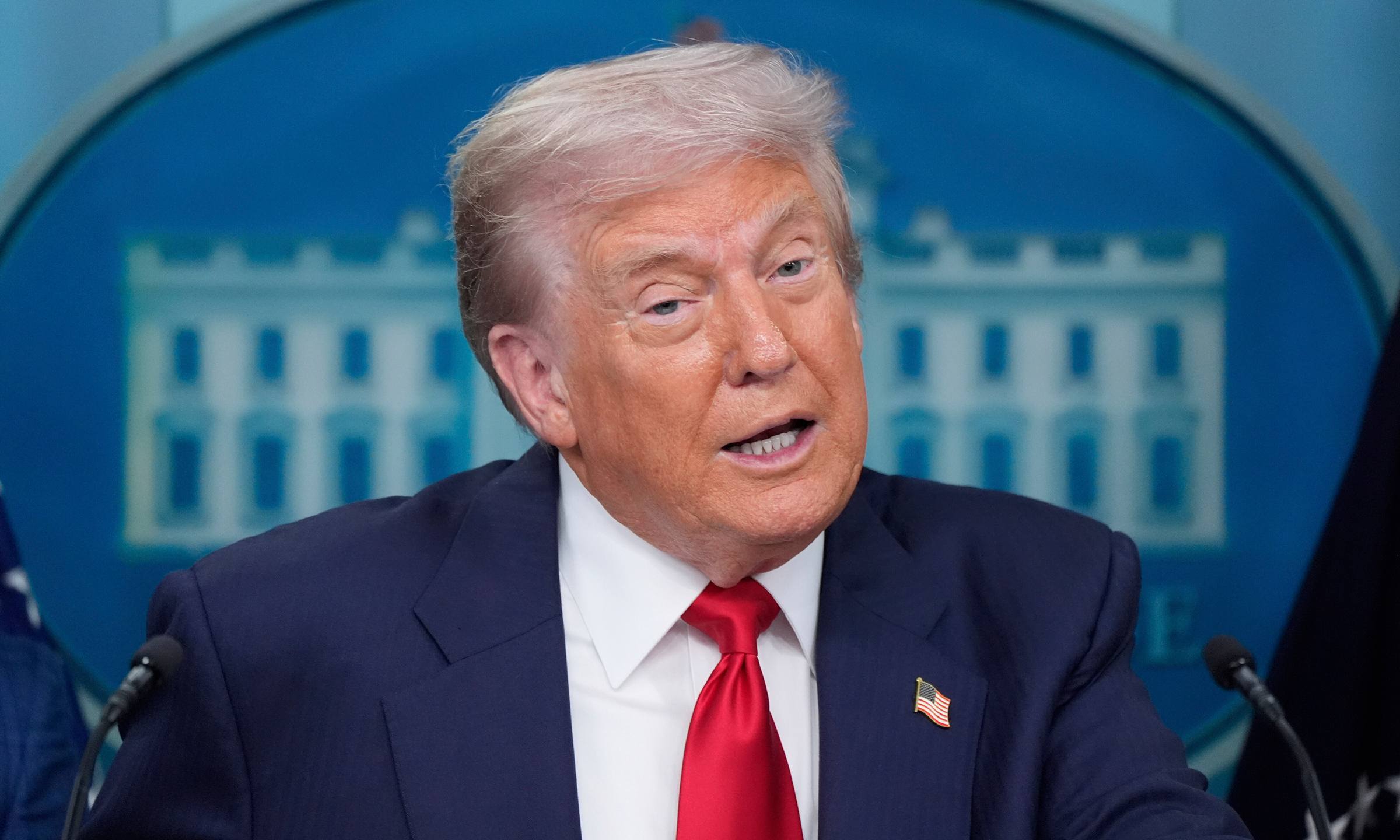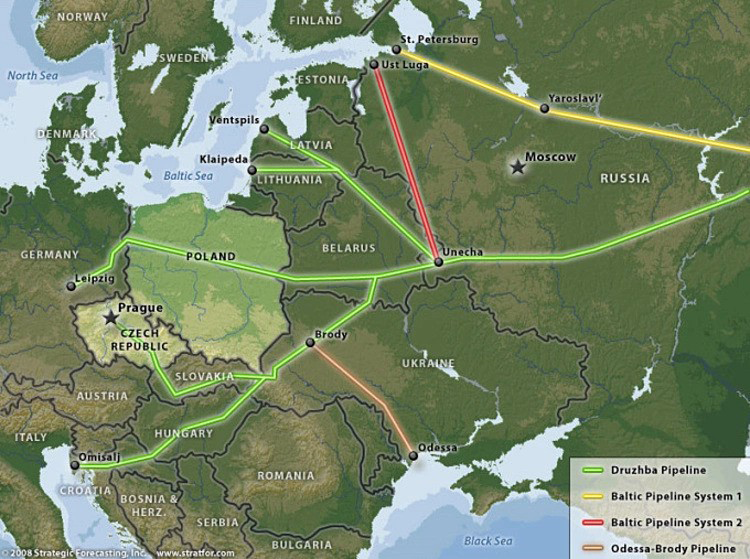Hungarian Prime Minister Viktor Orban's ruling Fidesz party today released his letter to US President Donald Trump, in which he complained about Ukraine's drone attack on the Druzhba oil pipeline on 13/8.
This pipeline runs through Ukraine and is used to transport Russian oil to Hungary, Slovakia, and other countries in central Europe.
"Viktor, I don't like hearing this and I'm very angry about it. Tell Slovakia that. You are a great friend of mine", Trump replied on the letter.
The US president has not commented on the report.
 |
President Trump at a press conference at the White House on 11/8. Photo: AP |
President Trump at a press conference at the White House on 11/8. Photo: AP
The letter was released after the Ukrainian Drone Force on 21/8 attacked a pumping station in Russia's Bryansk province, again paralyzing the flow of oil through the Druzhba pipeline. The pipeline had resumed operations two days earlier.
In a letter to the European Commission today, the Hungarian and Slovakian governments said Ukraine's latest attack could leave the two countries without Russian oil for at least 5 days, calling on the commission to take action to ensure security of supply.
Responding to Budapest's earlier criticism of Kyiv's attacks on the Druzhba pipeline, Ukrainian Foreign Minister Andrii Sybiha stressed that "it was Russia, not Ukraine, that started the conflict and refused to end the war".
"Hungary has been warned for years that Russia is not a reliable partner", Sybiha wrote on X. "Yet, Hungary has tried to maintain its dependence on Russia, even after the conflict broke out. You can send your complaints to your friends in Moscow".
 |
Location of the Druzhba pipeline (blue). Graphic: Aspenia Online |
Location of the Druzhba pipeline (blue). Graphic: Aspenia Online
After Russia launched its campaign in Ukraine in early 2022, Budapest maintained close ties with Moscow. Since receiving a temporary exemption from the European Union's ban on Russian oil imports, Hungary has increased its purchases of Russian crude oil via the overland pipeline network, thereby profiting greatly from the discounted oil price.
Pham Giang (According to Politico, Reuters, Newsweek)












